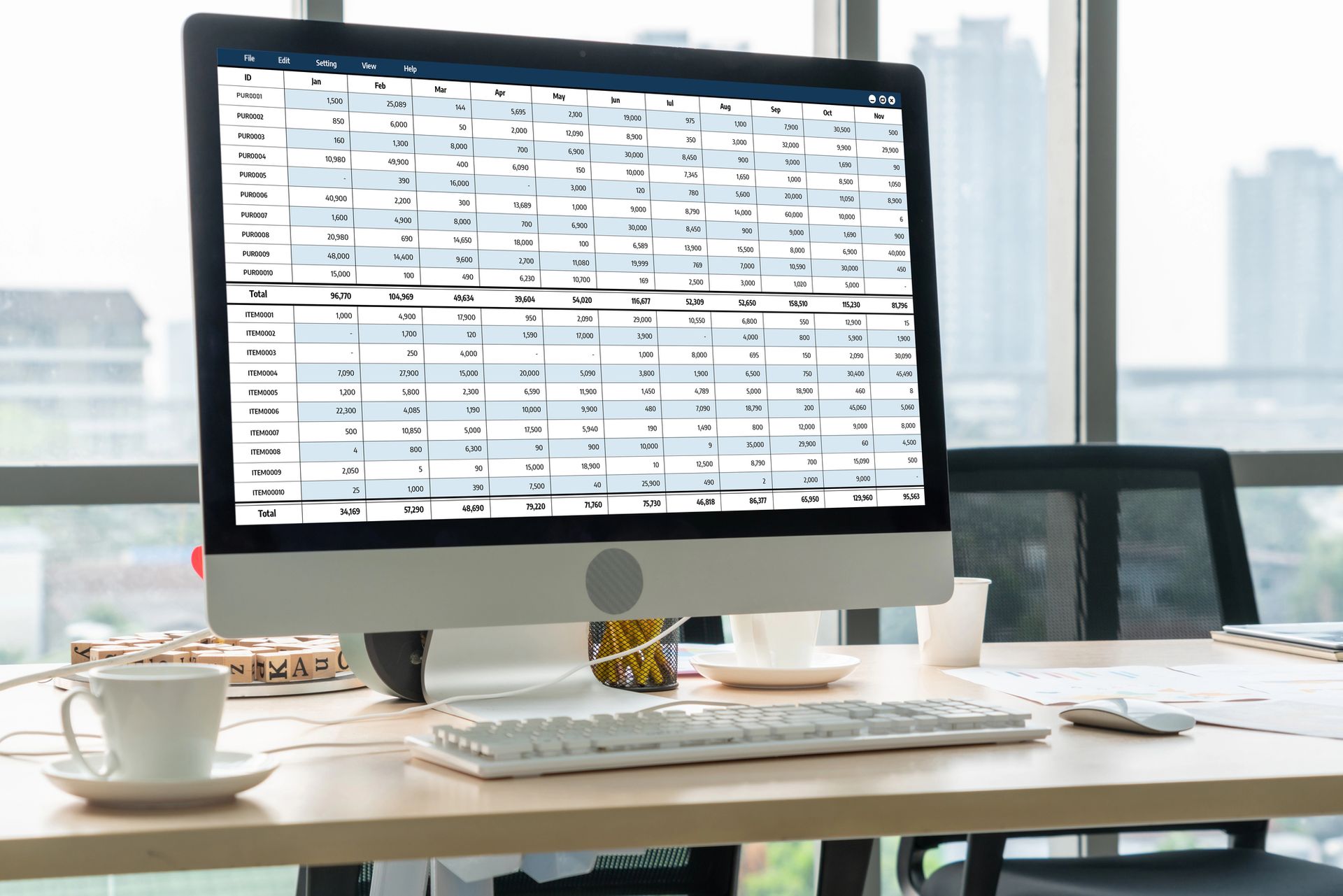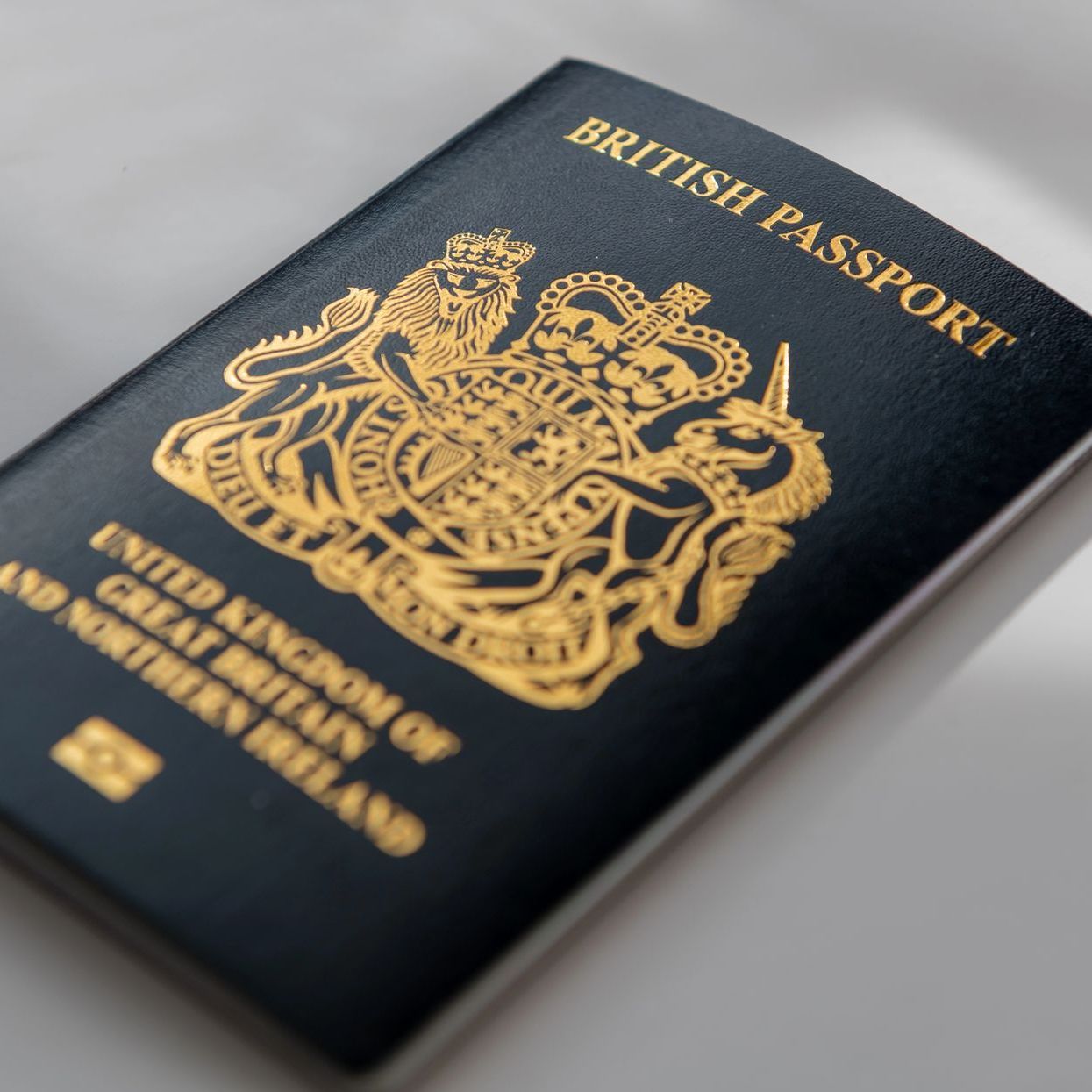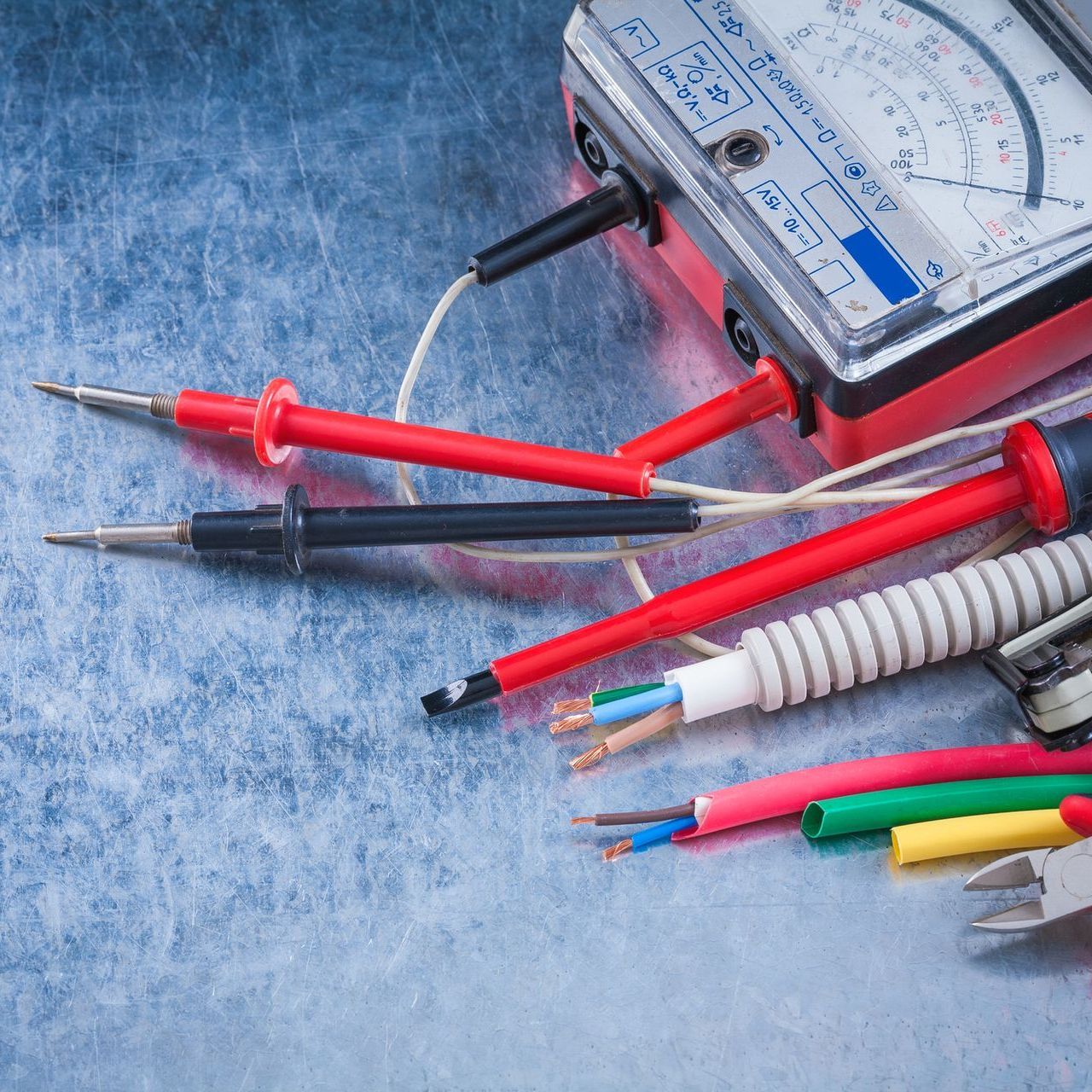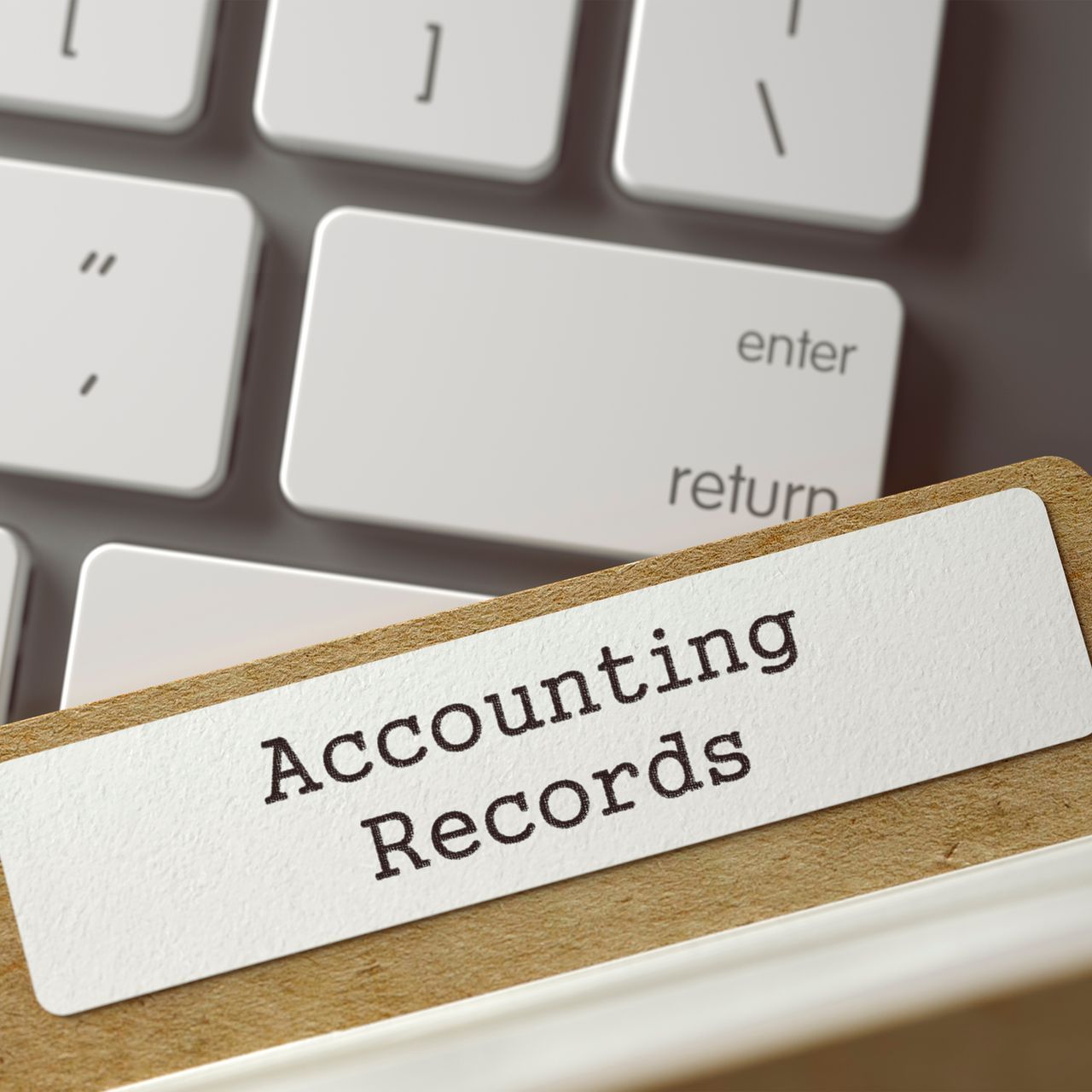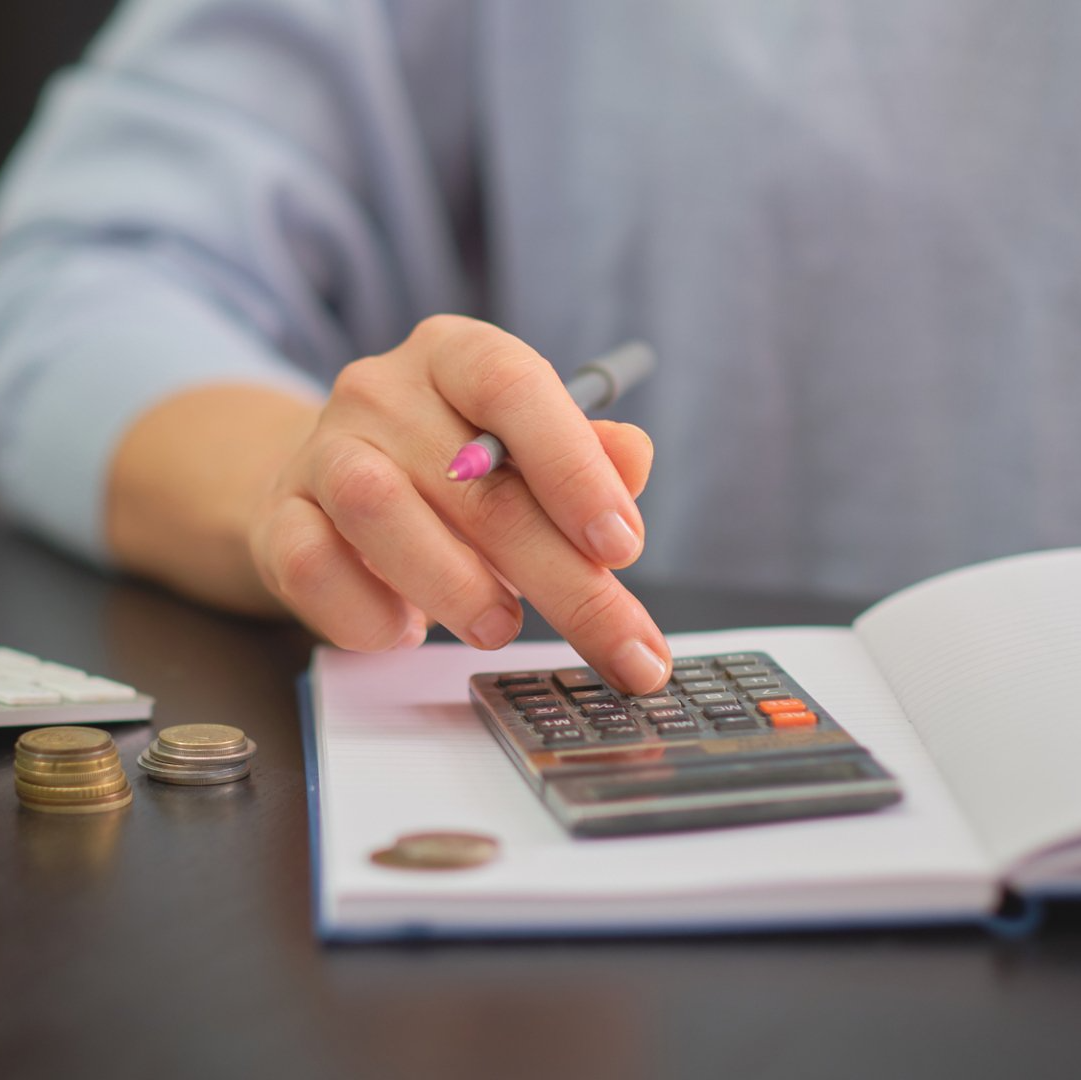Do I need to fill in a self-assessment return just because I get child benefit?
Laura Arbuckle • December 20, 2019
What is child benefit?
One of my early memories is tagging along with my mum as she queued at the Post Office every few weeks to pick up the child benefit she was entitled to. The process has moved on a little since then as it’s now paid straight into your bank account every 4 weeks.

How much will I receive?
When you have a baby or become responsible for a child, the government gives you a financial helping hand. The idea is that this sum of money (£20.70 per week for the first child and £13.70 per week for subsequent children at the time of writing) helps towards the cost of feeding and clothing your child.
Does everyone get child benefit?
Child Benefit used to be universal, meaning that anyone responsible for a child under the age of 16 or under 20 but in full time education would receive it. Unfortunately, this changed in 2013 and now if either you or your partner earn more than £50,000 in a given tax year, the higher earner will be required to pay some of all of the benefit back through their self-assessment return.
How do I calculate my income?
It is the adjusted net income that drives whether you or your partner will need to repay child benefit. This includes your salary, benefits, profits from sole trade or partnerships, dividends and pension income but is net of any gift aid donations, trading losses and pension contributions that have not attracted tax relief. The child benefit calculator here
can help you work it all out!
Who pays the child benefit charge?
You pay the child benefit charge if you are living with someone who claims child benefit and you are the higher earner. It doesn’t matter whether the children are yours or your partners and it doesn’t matter if you are married or not, you will still be required to pay the charge.
The higher earner pays back 1% of your child benefit for every £100 more than £50,000 you earn so by the time you earn £60,000 the full amount is clawed back. This is operated through your self-assessment return. You will need to register once your income hits £50,000. You can do so here.
Do I have to submit a self-assessment?
If you prefer, you can elect to not receive child benefit by filling out the form here
or by speaking to the Child Benefit office on 0300 200 3100. It is still a good idea to go through the initial application process, though. By applying for child benefit you ensure you receive credits for the state pension and it also helps your child to receive their National Insurance number when they turn 16.
It’s very easy to miss the time at which you need to start to pay the child benefit charge. If you need help working out whether you need to pay it, book a call and we can have a chat.
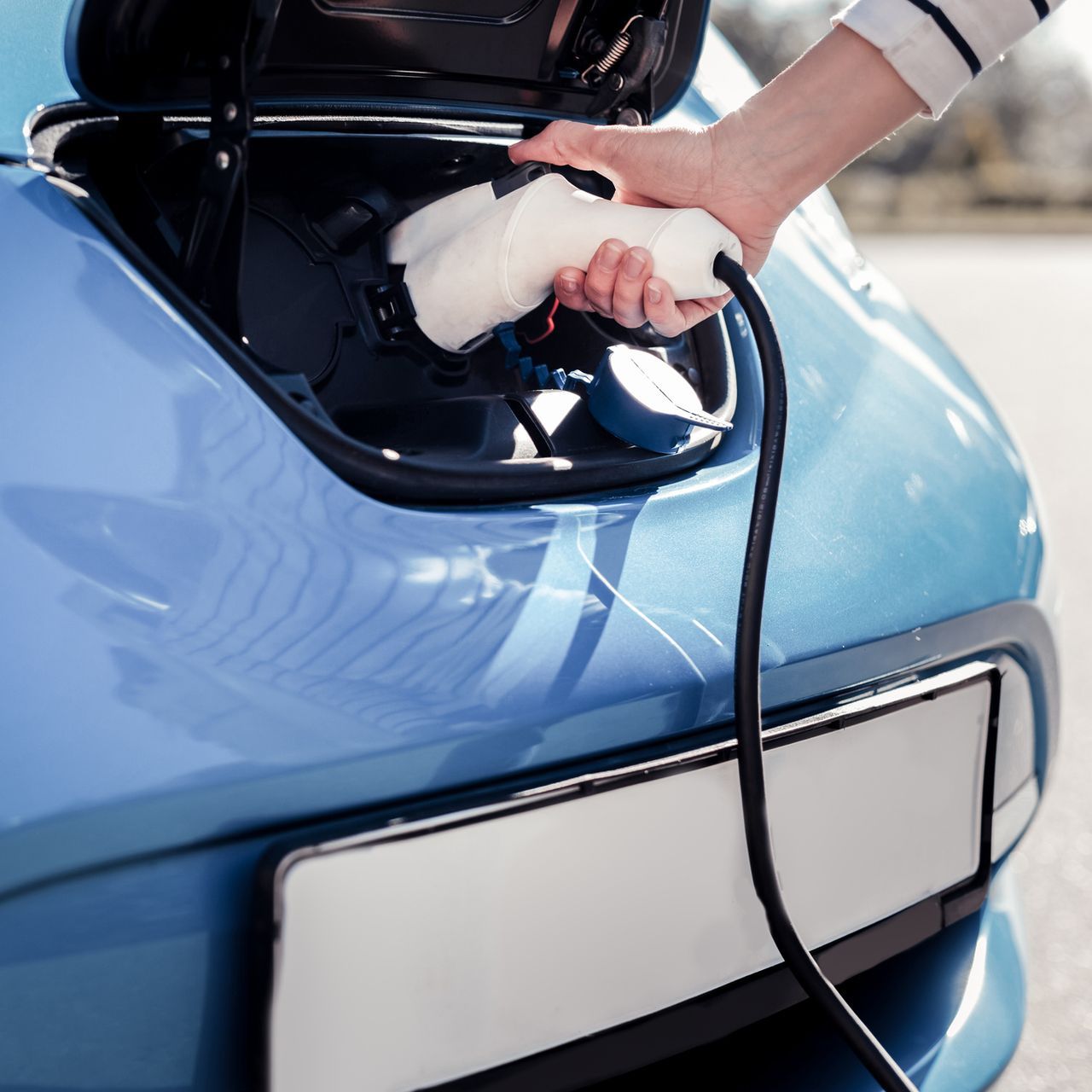
If your company provides you with a traditionally fuelled car for personal use, it can be a very expensive way to fund your vehicle. However, if your company provides you with an electric car that you can use personally instead, the tax tends to be substantially lower than for traditional vehicles and there are incentives for the company as well.

My residential landlord clients would probably tell you that they are fed up of hearing about HMRC’s latest requirements for reporting Capital Gains Tax. At every accounts review meeting I make sure they are fully aware that in the event they sell their residential rental property, they must complete a return and pay any tax that is likely to be due within 60 days of the sale being agreed.

If you are juggling your work-life balance, we can help you to find more time for yourself by helping you with your self-assessment return. You may be wondering how that might work in practice. I can’t speak for every accountant or payroll operator but in this blog post I describe how the process works at Armet Accounting.

